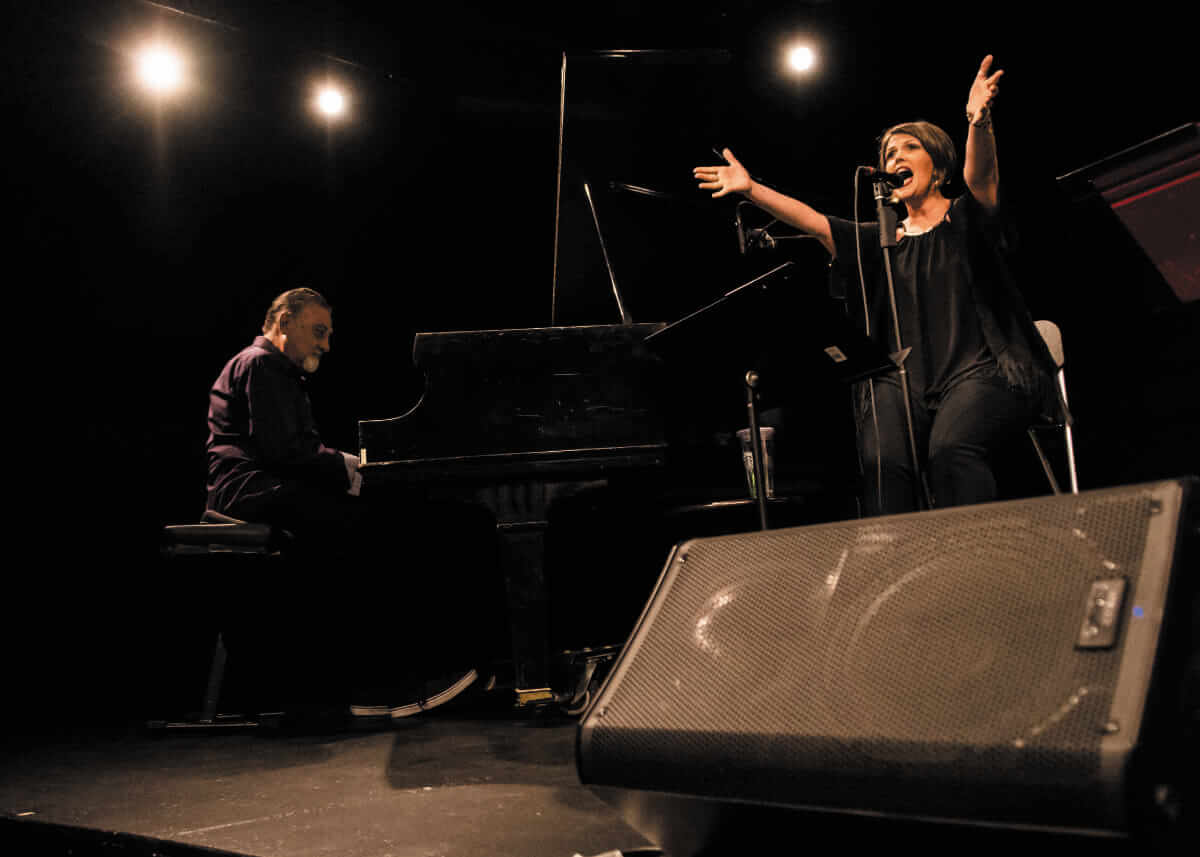Talent is not enough. We know this. But do we help our clients? Do we help ourselves as singers?
Lot’s of my clients {want to} sing, or teach others to sing Pop/Rock/Jazz/Hip-Hop/R&B/Neo-Soul/Worship, etc. Oh, and from here on out, I’ll call it “CCM” for Contemporary Commercial Music.
This post is for the teachers of voice, and the singers of pop music. I didn’t break it up because I think we need to understand each other a little better, in order to turn the tides of the “chew ’em up and spit ’em out” industry.
Let me clarify just a few of many
things about CCM:
CCM is rooted in production, and most beginning singers don’t understand what “production” means.
Coaches educate singers on what production value is on stage, and what production is in the studio.
CCM is a demanding genre of singing.
Singers, don’t be fooled by what you hear from a singer who is singing though a mic on national TV or a Spotify playlist. It takes time and effort to develop the fine motor skills in the larynx to make that riff happen.
CCM is one of the most important and powerful genres that connects humans to music.
Academics may dismiss it because it’s not Mozart or Copeland. Remember Elvis and the Beatles? CULTURAL GODS. It is important because it resonates with real life, and doesn’t feel inaccessible to the amateur ear… and many people have amateur ears.
We who sing CCM should take ourselves seriously when we perform CCM.
We should avoid demeaning it by not honoring the work, and specific stylistic choices, that it takes to make it happen. Just because the chord progression is simple, doesn’t mean it isn’t communicating powerfully to someone.
We who teach technique should take our student’s desires to perform CCM seriously.
Their love of song is just as powerful as ours. And there is a huge risk to the health and longevity of the voice if CCM vocal stylings are done all willy-nilly. (Technical term.) So it is our responsibility to learn how to teach the genre authentically, or hook our student up with someone who can.
We are bombarded by Singing-Shows-That-Shall-Not-Be-Named. These shows twist the truth. They create buzz around voices that really aren’t that great, but come with a feel-good story. They mislabel voices as things that they are not. (Sorry, no such thing as a child opera star. Physically impossible. Learn what opera is. Thanx)
CCM singers will show up to our studios and:
1. Learn that coaching and training are different.
2. Get a scary reality check that CCM singing can only go so far without solid technical/technique training.
3. Find out that it is work to free up the voice, so they can learn to sing on purpose, with purpose, and make choices instead of calling bad technique “style”.
4. Get frustrated that it doesn’t “sound good” when we start freeing up their voice.
5. Freak out that they aren’t talented enough.
6. QUIT.
We shouldn’t blame. We should train.
We’re told a myth by the layman’s culture of CCM. “You don’t need training to sound good, and sounding good is the goal.” This idea is reinforced in many of our youth theaters, high school choirs, churches, and industry professionals.
Sounding good is NOT the goal.
Sounding good OVER AND OVER AND OVER AND OVER again is the goal.*
Dear friends, THAT is where the technique comes in.
Your talent gives you:
~ Intuition
~ Style
~ Pitch accuracy
~ “Pretty”
~ “Good”
~ Instinct
~ Big Ears
~ Uniqueness
Your technique gives you:
~ music theory (so you can actually talk to your band)
~ vocal health regimens for long haul tours
~ exercises to give you control of your instrument
~ understanding of what you are doing
~ feedback on industry standards
~ mic technique
~ the ability to turn on and off stylistic choices
~ the ability to explore new genres
~ tools for creativity
~ emotional support from someone who is always on the side of your voice, not the side of your career (hopefully they will be the same for the most part)
~ Better Intuition
~ Richer Style
~ Cleaner Pitch accuracy
~ not just “Pretty”, depth of tone
~ not just “Good”, moving
~ Honed Instinct
~ REALLY Big Ears
~ Amplified Uniqueness
Learn the genre. Learn the vocal techniques behind it. Learn how amplified singing is different than acoustic singing, and why that matters. We have the ability to change the perception and create a generation of voices that will stay strong and viable, singing whatever they want to.
Teachers: What are your biggest fears about teaching CCM?
Singers: Where is your biggest fear about learning technique?
Comment below and let us know…
*okay, okay, sounding good over and over is PART of the goal… there’s a shtick to CMM… but that’s another post…






0 Comments